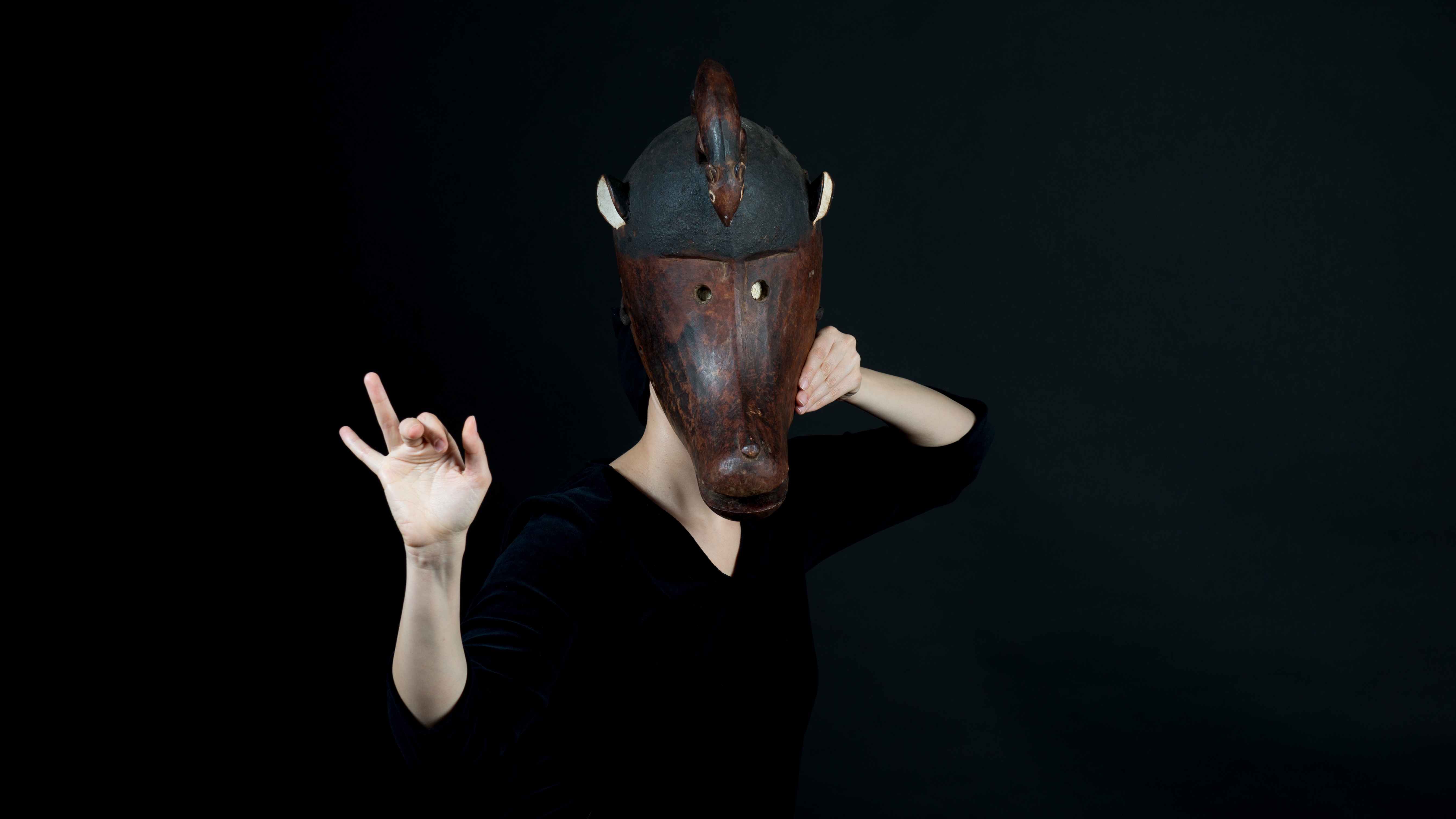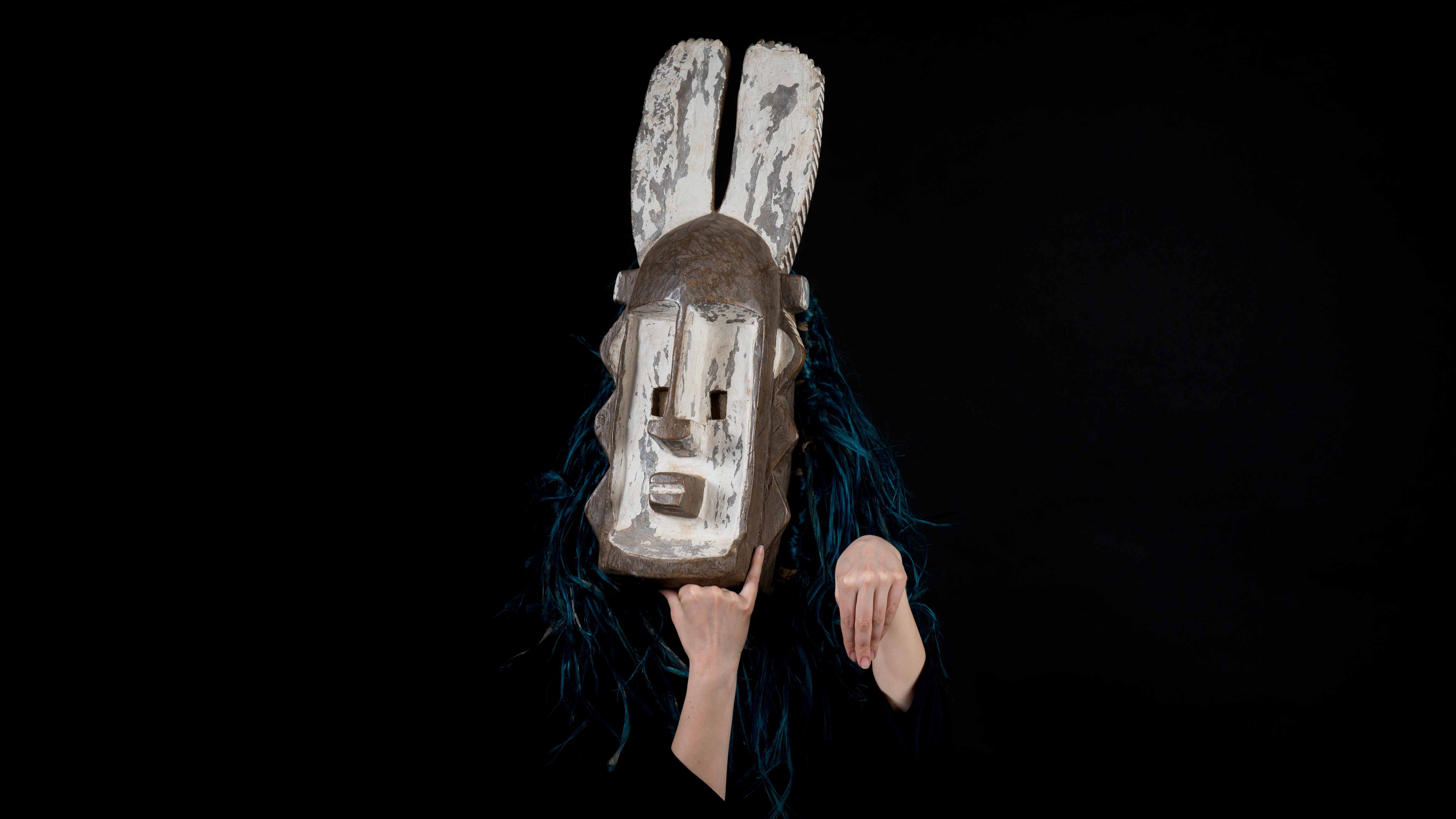"Relational" ecology : rethinking relationships between man and the natural environment
Guest authors: Damien Deville (Paul Valéry University) and Pierre Spielewoy (Rouen University & French Natural History Museum)
This post is a free translation of an article originally published in the French edition of The Conversation on 21 January 2019.
« Eco-logy » : the science of "home", "habitat", or even the natural "environment". Coined in the late nineteenth century by the biologist Ernst Haeckel, the term has since generated an impressive terminological diversity : plant ecology, urban ecology, conservation ecology, conservation, agroecology, reflecting reflects an increasingly precise understanding of ecological diversity on earth over time.

Photo credit: Palmyre Roigt
However, it is interesting to note that the term has long been anchored in the following paradigm : the understanding living beings by through the construction of two separate realms, the one being human, and the other being nature. Several authors have since challenged this dualistic approach to ecology.
We propose to shed new light on these criticisms and explore a new approach to ecology : the discovery and the potentialities offered by the study of the links between the human and the non-human, which we call "relational ecology".
Find a new frame
In his book Philosophy and the Mirror of Nature, Richard Rorty was interested since the 1970s in the use of the term "nature" in the Enlightenment.
He shows that the term "nature" quickly replaced the term of "God", becoming a new "absolute" from which philosophers imagine the world without ever questioning the limits of these notions. This philosophical orientation has tended to impose itself globally, with major consequences in the ways of thinking and inhabiting the world.
However, a look on the diversity of cultures and territories tells us that this approach is far from universal. For anthropologist Philippe Descola, the radical separation between culture and nature that results from it, is even one of the specific characteristics of "modern" societies : a position that the author calls "naturalism". This paradigm considers the interiority of human beings as discrete and thus relatively autonomous from environmental constraints. While this view of the world is widespread in Western societies, it remains but one particular view within the diversity of human-nature relations that characterise individual societies.
By way of example, the Cartesian dualism between those who "think", humans, and the non-thinkers, the non-humans, has brought to light a division of the world between subjects and objects within political philosophy, which does not provide a sufficient political and legal response to the current climate crisis. This approach confines the non-human to the status of resource to be exploited and reduces the possibilities of its protection, while inhibiting many legal jurisdictions to recognize the responsibility of humans in environmental crises.
It is therefore urgent to find a way out of this dualism to tackle the challenges of our world differently. Relational ecology can constitute a new method of thinking about our relationships with others living beings and territories. We will describe it in its three founding moments: reconsidering diversity, acknowleding vulnerability and imagining new spaces of connection.
Reconsidering diversity
In The Order of Things, Michel Foucault explains the extent to which the practice of « making things similar » (i.e. categorising, or naming) in modern societies is the foundation for the construction of knowledge.
While this logic has been able to produce exceptional scientific results, it does not enable us to consider diversity. Indeed, according to this logic, new knowledge can only be apprehended from an “a priori” of a previous knowledge. Thus this “a priori” carries a risk of neglecting the particularity of the object that is considered. Ecological sciences have fallen prey to this logic as well.
For a long time, animal and plant species have been considered only because of their fundamental distinction with humans. Yet new reseach shows that any species can be seen to display societal behaviour in its own way. The studies conducted by Sabrina Krief's teams at the French National Museum of Natural History on chimpanzees are an important case in point. And just as great apes have their own cultural codes, crows do mourn their loved ones, beavers are able to alter streams and plants collaborate with another one. Humans are not the only ones who can built complex social worlds.
A tool that takes into account this diversity is what Raimon Pannikar calls the "dialogical dialogue": to extend the practice of dialogue beyond reason to include sensibility, sensations and emotions, which taken together enable one understand both the specificity and plurality of other beings.
Acknowledging vulnerability
In her book Elements for an Ethics of Vulnerability, French philosopher Corine Pelluchon defends the idea that every living being (humans included) remains permanently vulnerable to others. This vulnerability is first materialized by all the cycles of life and, by extension, the finite nature of bodies. Vulnerability is also evidenced in all the daily acts that connect us to others, such as acts of feeding, clothing, healing, working, or transporting us. To fully acknowledge vulnerability is to accept a relationship based on the interdependence between humans and their environment.
Research in geography and anthropology shows that societies have always been subjected to the constraints of the natural environment, forcing them to adapt and modify their practices and cultures. Conversely, human actions have deeply shaped landscapes and territories. Societal trajectories are therefore the consequence of complex, historically rooted relations between a society and its natural environment.
New spaces of connection
Finally, to do justice to diversity and reconsider human-nature relationships in a more holistic perspective is also means to rethink spaces of connection between humans and non-humans.
Three connective spaces seem particularly interesting.
The first relates to encountering. In her latest book The Mushroom of the End of the World, anthropologist Anna Tsing gives the example of the matsutake mushrooms growing in the deep forests of Oregon, to emphasize that the encounter between human and a non-human leads to something much greater than the sum of the parts. The relationship that is established brings out intelligence, friendship, memories, and dialogue. In short, a world of interactions that is specific to the individuals that engage in it.
The second space of connection is anchored in the spatial planning process. In recognising the singularity of every single region, city and rurality and integrating what anthropologist Tim Ingold calls "a radical ecological sensibility” or a realignment of our personal subjectivity and emotions with territorial actions, we enable new ways of inhabiting territories to emerge and are then able to value a diversity of shared modes of existence between humans and the non-humans.
The manufacture of legal rights is the third relational space. Some authors see in these spaces, which they call spaces of "coviability", the possibility of creating new norms extend beyond strictly human categorizations. The end result would be a legal system that is enriched by the diversity of both humans and non-humans, and would therefore be less anthropocentric and better adapted to the ecological realities of the world.
By focusing on the relationships that interconnect us, “relational ecology” is a proposal to reintroduce, in both thought and action, spaces of understanding and sharing between humans and non-humans. By doing so, it enables us to refresh our knowledge about the links between societies and their environment, and proposes to focus on territorial diversity in order to provide relevant responses to social and ecological crises.

Photo credit: Palmyre Roigt
Damien Deville is PhD in geo-anthropology of nature at Paul Valéry University in Montpellier, France, and co-founder of the AYYA movement which works to integrate relational ecology methodologies in spatial planning.
Pierre Spielewoy is PhD and lecturer in international environmental law at Rouen University, and CBD (Convention on Bioligical Diversity) project leader at the French Natural History Museum in Paris. Also co-founder of the AYYA movement.
When you subscribe to the blog, we will send you an e-mail when there are new updates on the site so you wouldn't miss them.


Comments 2
[…] Deville and Pierre Spielewoy advocate ‘relational ecology’ as a much-needed inclusive and experience-based approach to foster harmonious interdependencies […]
[…] architecture, web-based public participation, regional and mega-regional planning policies, relational ecology, complexity in planning, biowaste management in informal settlements, contentious urban […]